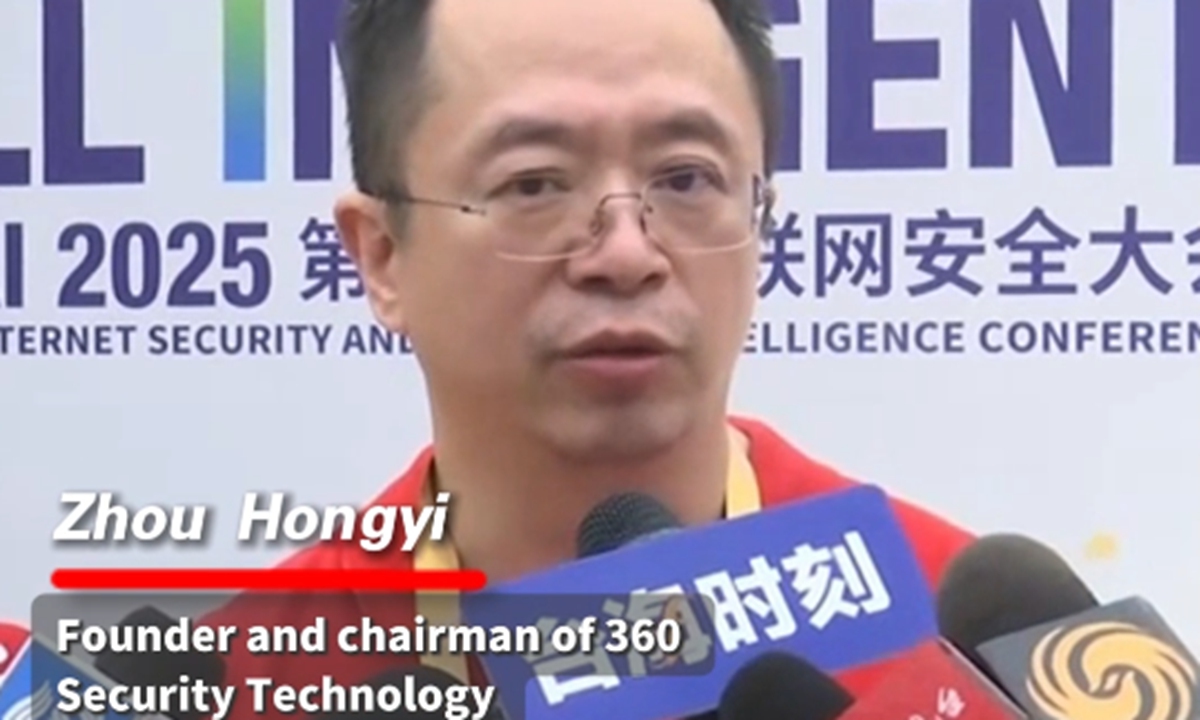Taiwan's 'Cyber Army' Lacks Punch: 360 Founder's Stark Assessment

In a surprising and somewhat controversial statement, the founder of 360 Security Technology, a leading cybersecurity firm in China, has publicly asserted that Taiwan's so-called 'cyber army' possesses below-average cyberattack capabilities. This assessment has sparked debate across the tech and geopolitical landscape, prompting questions about Taiwan's digital defenses and the evolving nature of cyber warfare in the region.
The founder, whose name has not been explicitly stated in some reports to avoid further escalating tensions, made the remarks during a recent industry conference. He argued that while Taiwan has invested in cybersecurity infrastructure and training, its overall offensive capabilities remain limited compared to other nations with robust cyber warfare programs. He pointed to a lack of advanced tools, specialized personnel, and a limited scope of operational experience as key factors contributing to this assessment.
Understanding Taiwan's Cyber Defenses
Taiwan, situated in a strategically sensitive location, has long recognized the importance of cybersecurity. The island nation has faced persistent cyber threats, primarily attributed to China, targeting government agencies, critical infrastructure, and private businesses. In response, Taiwan has implemented various measures, including:
- Strengthening Infrastructure: Investing in advanced firewalls, intrusion detection systems, and other security technologies.
- Cybersecurity Training: Developing programs to train cybersecurity professionals and raise awareness among the general public.
- International Collaboration: Partnering with international cybersecurity experts and organizations to share knowledge and best practices.
- National Security Council Focus: The NSC has increasingly prioritized cybersecurity as a vital component of national defense.
360's Founder's Perspective: More Than Just a Criticism?
While the founder's statement can be interpreted as a critique, it's also viewed by some as a pragmatic assessment of the current situation. He emphasized that Taiwan's defensive capabilities are relatively strong, particularly in detecting and mitigating attacks. However, the ability to proactively respond to threats through offensive cyber operations remains a challenge. Furthermore, the founder suggested that Taiwan's focus should shift towards bolstering its defensive posture and collaborating with allies to enhance overall regional cybersecurity.
Implications for Regional Security
The assessment carries significant implications for regional security. If Taiwan's offensive cyber capabilities are indeed limited, it could potentially leave the island nation more vulnerable to attacks. This vulnerability could be exploited during a potential conflict, impacting critical infrastructure and disrupting essential services. The comments also highlight the ongoing cyber arms race in the Indo-Pacific region, with nations vying for technological advantage in the digital domain.
China's Role and Reactions
The timing of the remarks has raised questions about potential motivations. While 360 Security Technology is a private company, it has close ties to the Chinese government. Some analysts believe the comments could be intended to signal China's capabilities and potentially deter Taiwan from engaging in any form of cyber retaliation. However, the company has maintained that the assessment is based purely on technical analysis and is not politically motivated.
Looking Ahead
Taiwan's cybersecurity strategy will likely evolve in response to this assessment. Increased investment in offensive cyber capabilities, greater collaboration with international partners, and a renewed focus on defensive resilience are all potential avenues for improvement. The evolving cyber landscape demands constant adaptation and vigilance, and Taiwan's ability to meet these challenges will be crucial to its long-term security and stability.






